Snatch (2000)
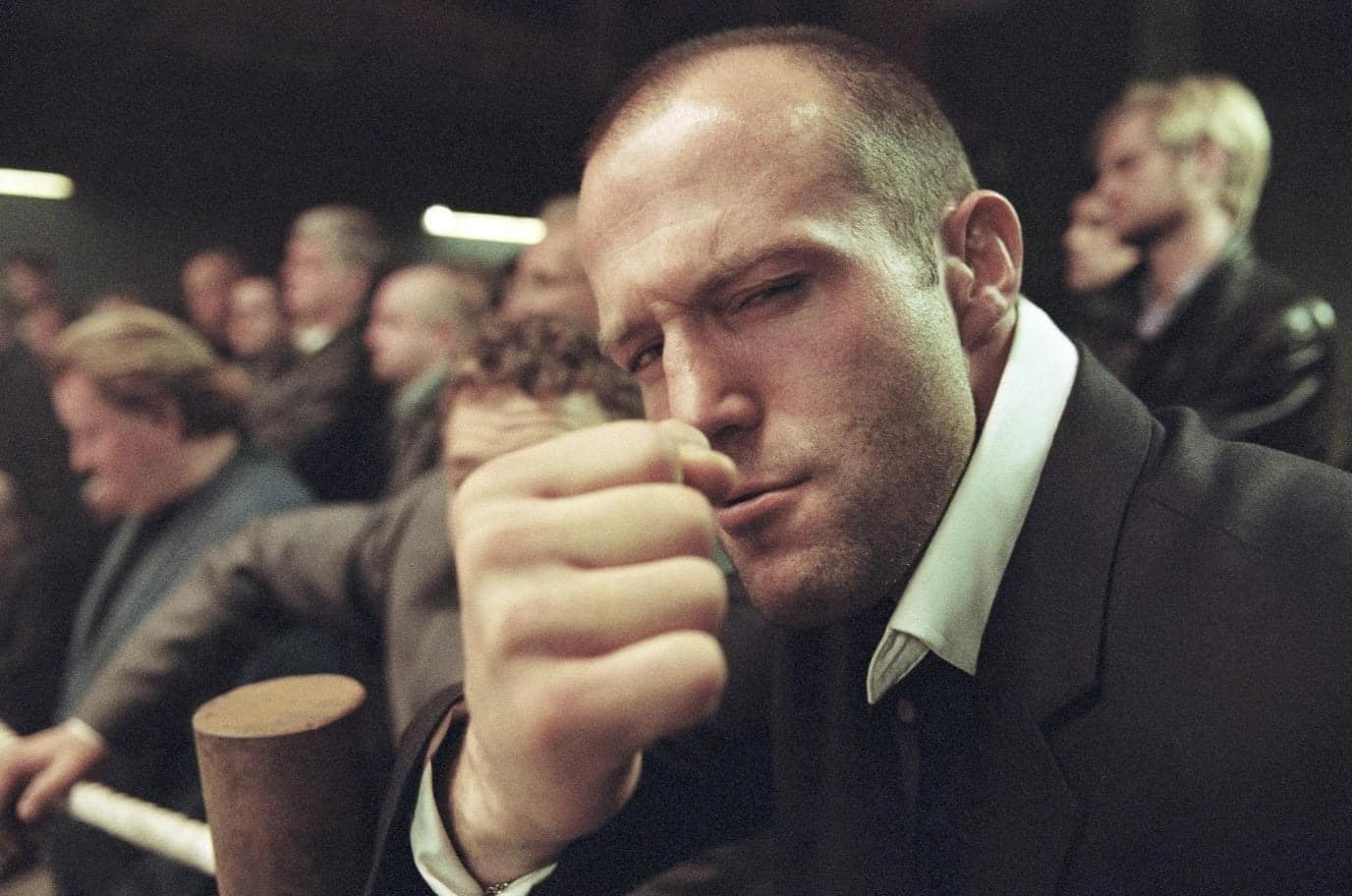
![]()
![]() Snatch (2000)
Snatch (2000)![]()
![]()
Themes and Significance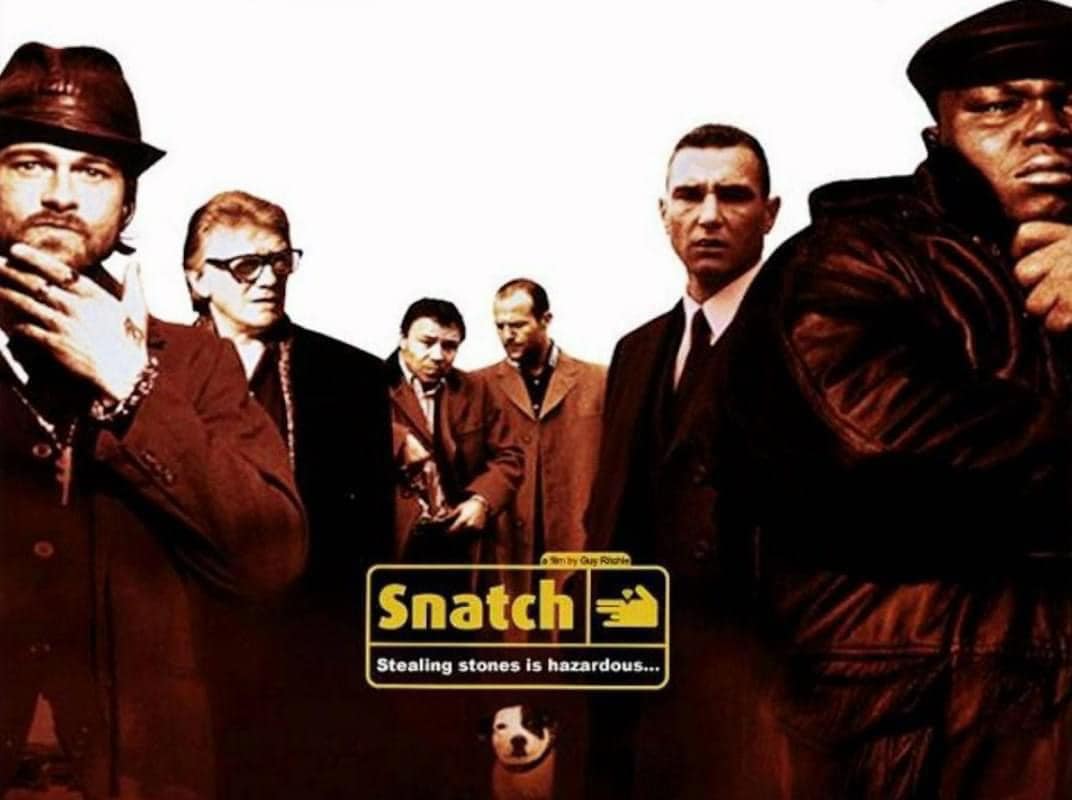

Chaos and Order: One of the central themes of “Snatch” is the interplay between chaos and order. Ritchie’s film is a whirlwind of chaotic events and characters, reflecting the unpredictability of the criminal underworld. The narrative structure itself is non-linear, mirroring the disorder that defines the world the characters inhabit.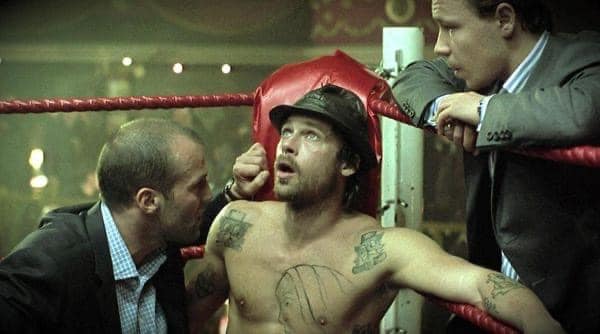

Character Dynamics: The film excels in its portrayal of memorable, eccentric characters. From the charming but untrustworthy Mickey (Brad Pitt) to the calculating and menacing Brick Top, each character adds depth to the story, illustrating the diverse motivations and conflicts that drive the plot forward.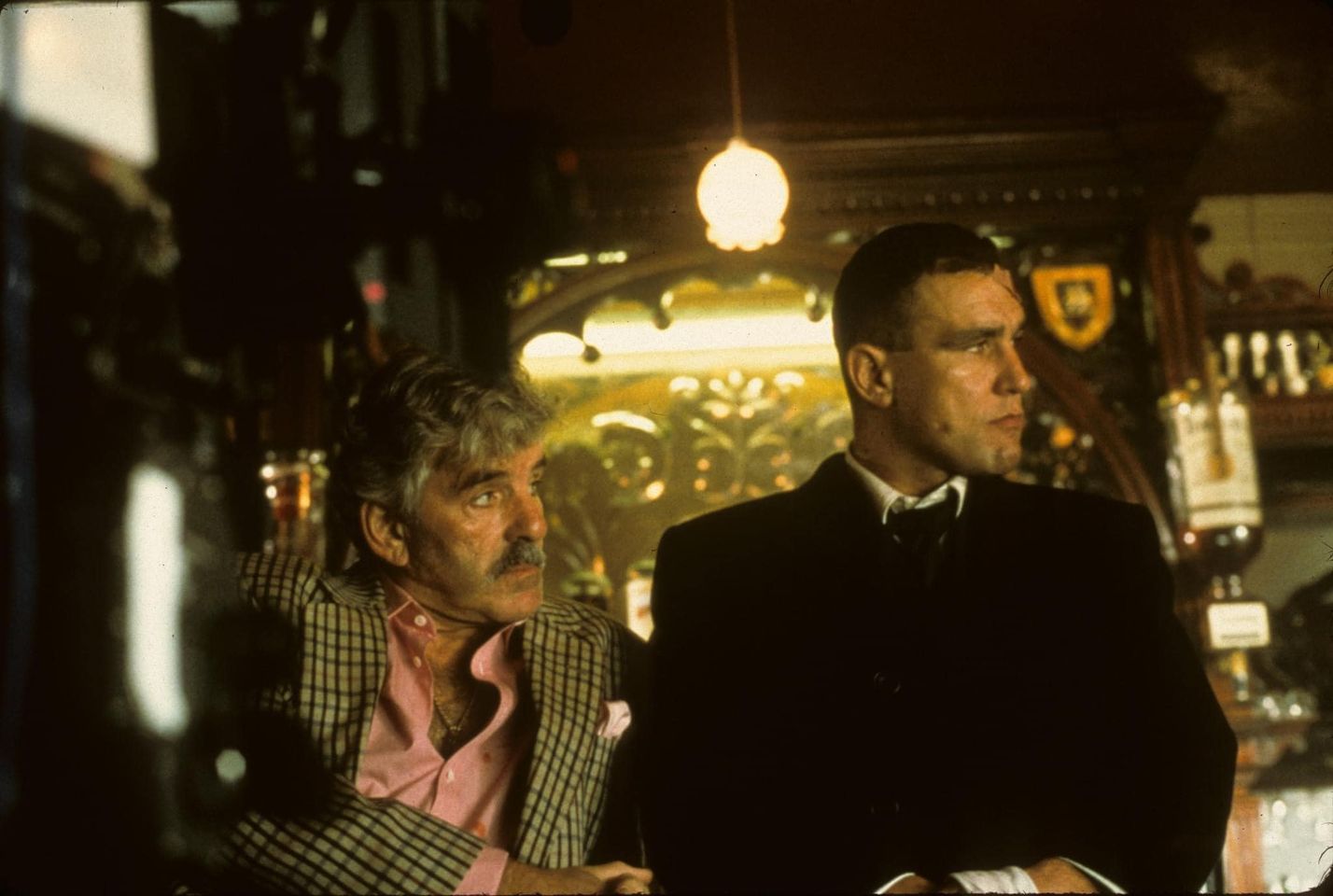

Dark Humor: Ritchie’s trademark dark humor is evident throughout “Snatch.” The film balances its serious crime elements with sharp, often absurd comedy. This blend of humor and violence creates a unique tone, making the film both entertaining and thought-provoking.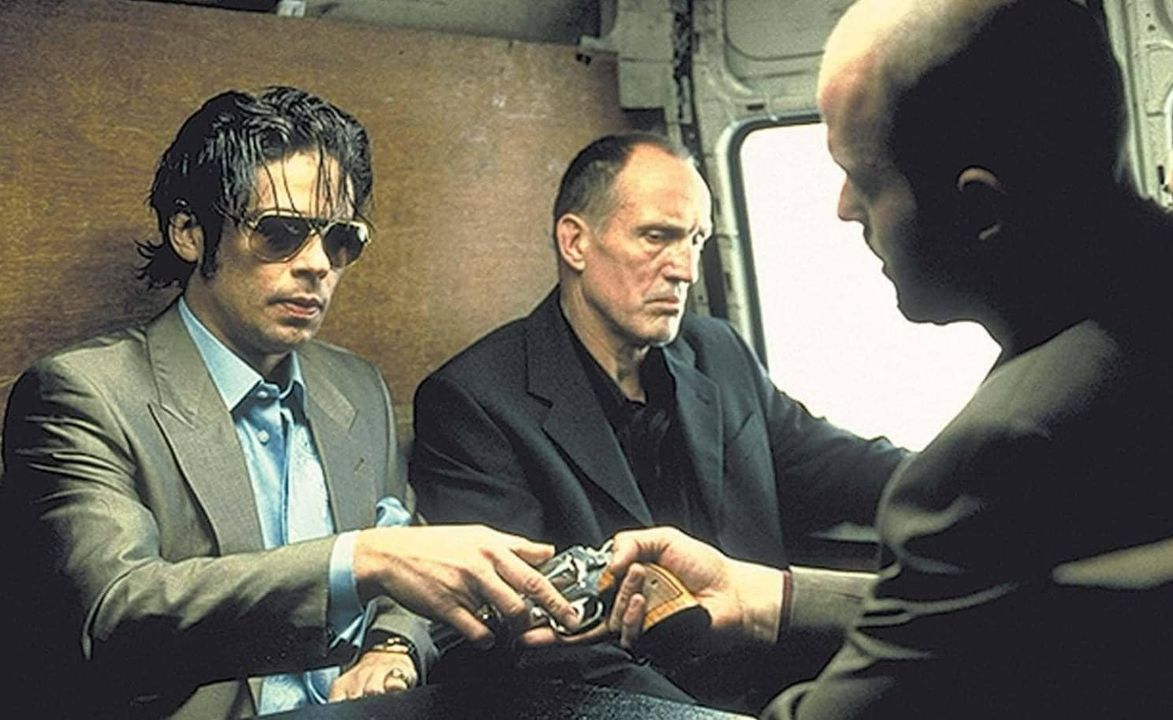

Cinematic Style: Visually, “Snatch” is notable for its stylish approach. The film employs quick cuts, dynamic camera angles, and a vibrant color palette, enhancing its energetic and frenetic feel. The soundtrack, featuring an eclectic mix of music, further complements the film’s tone and pace.











